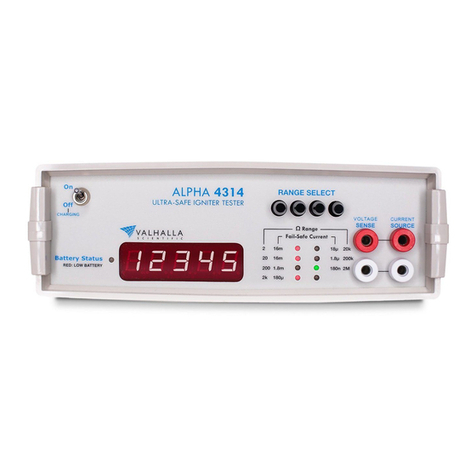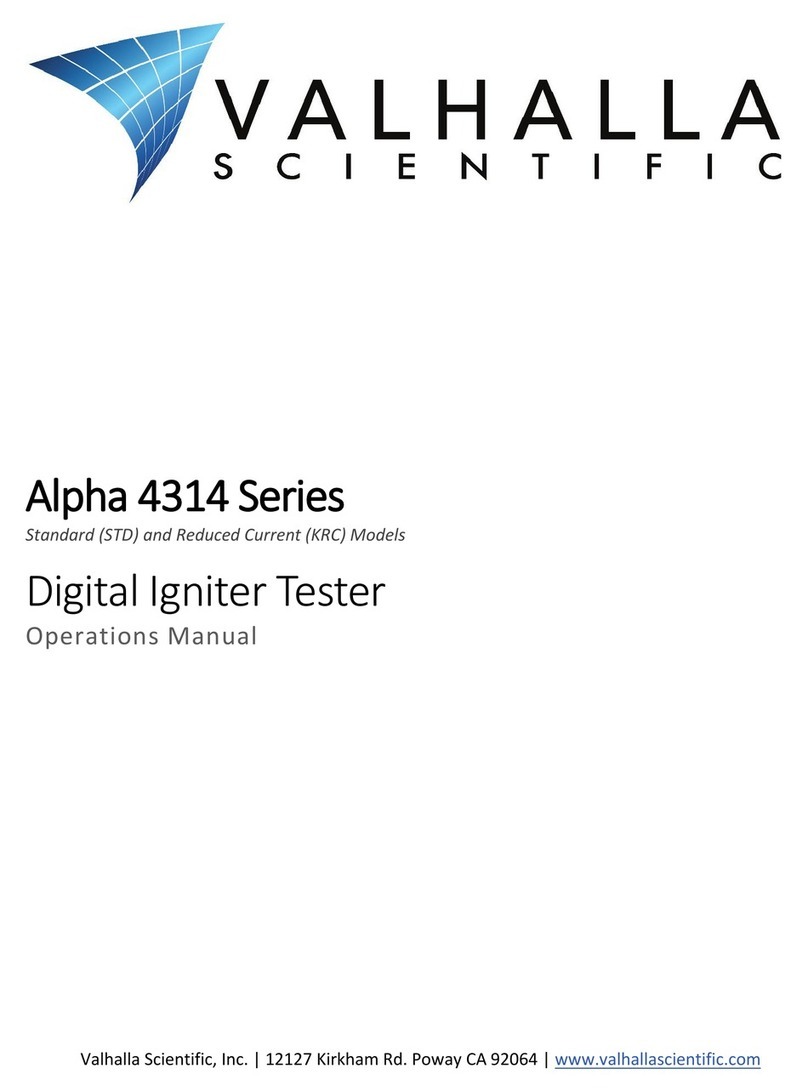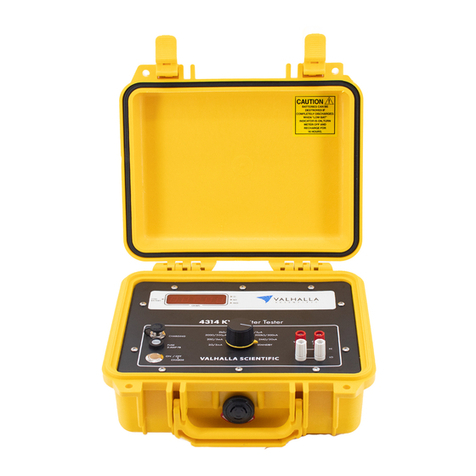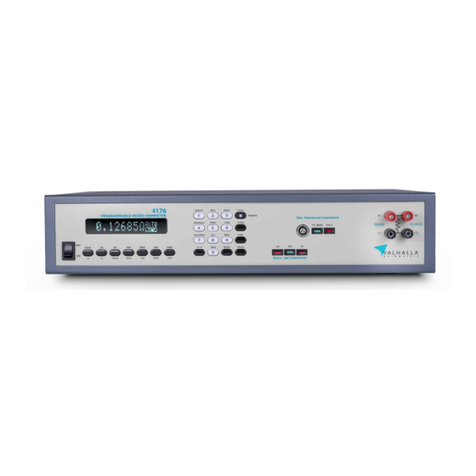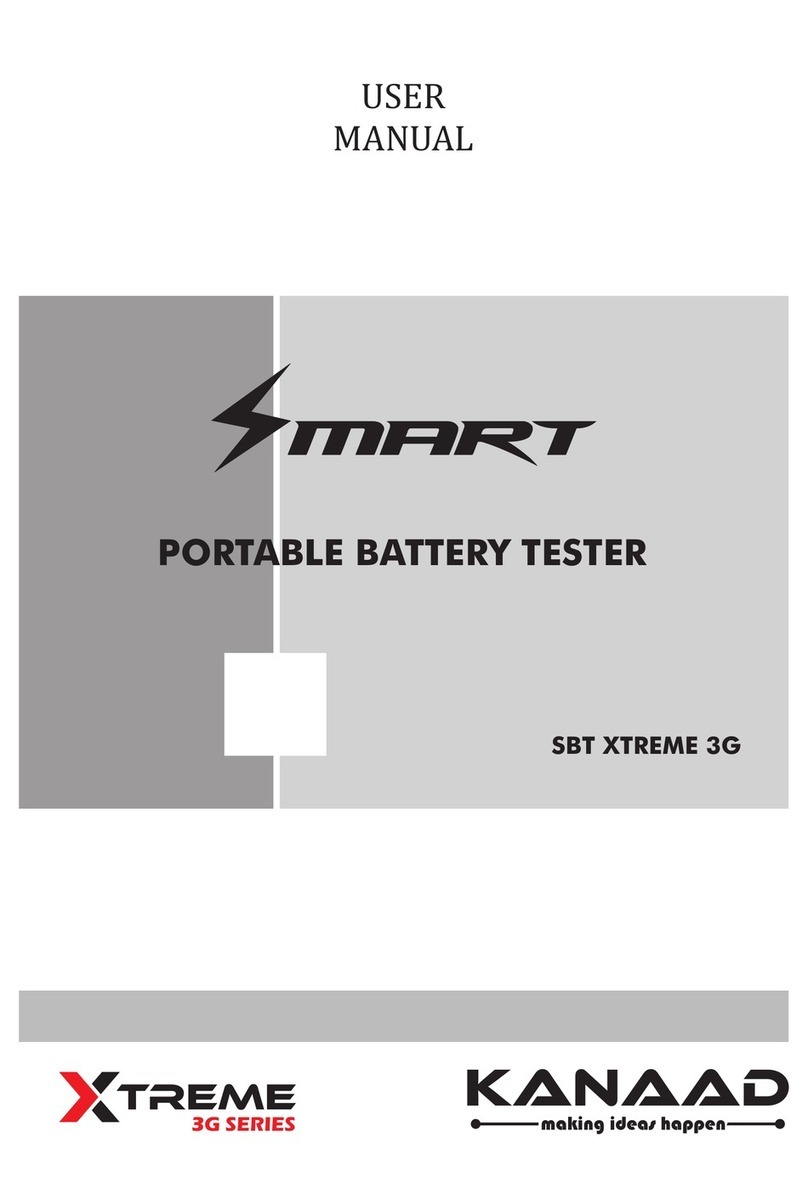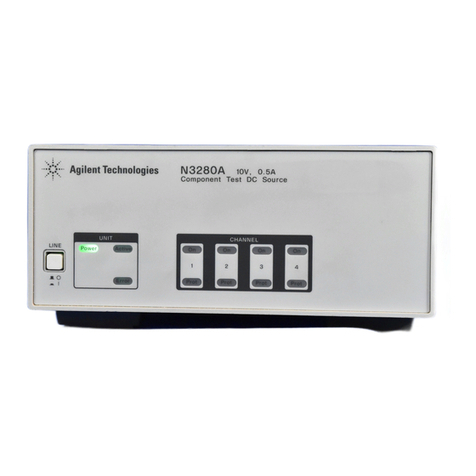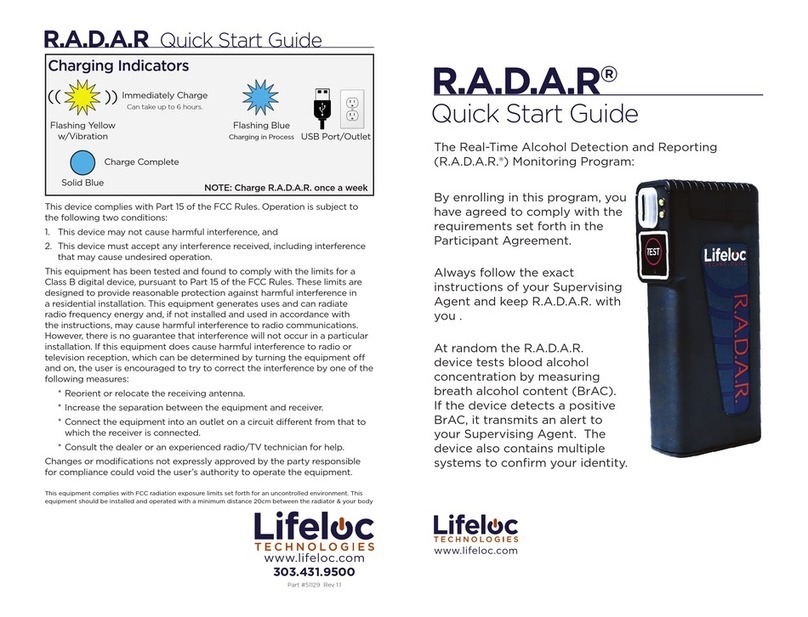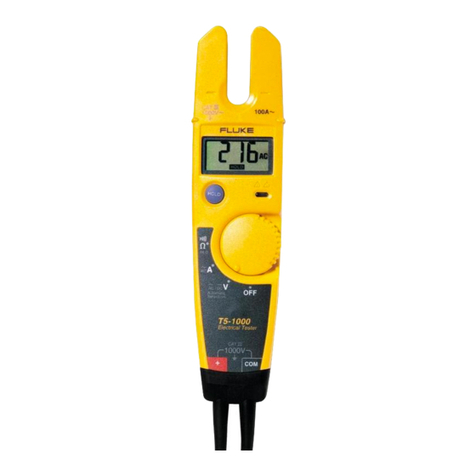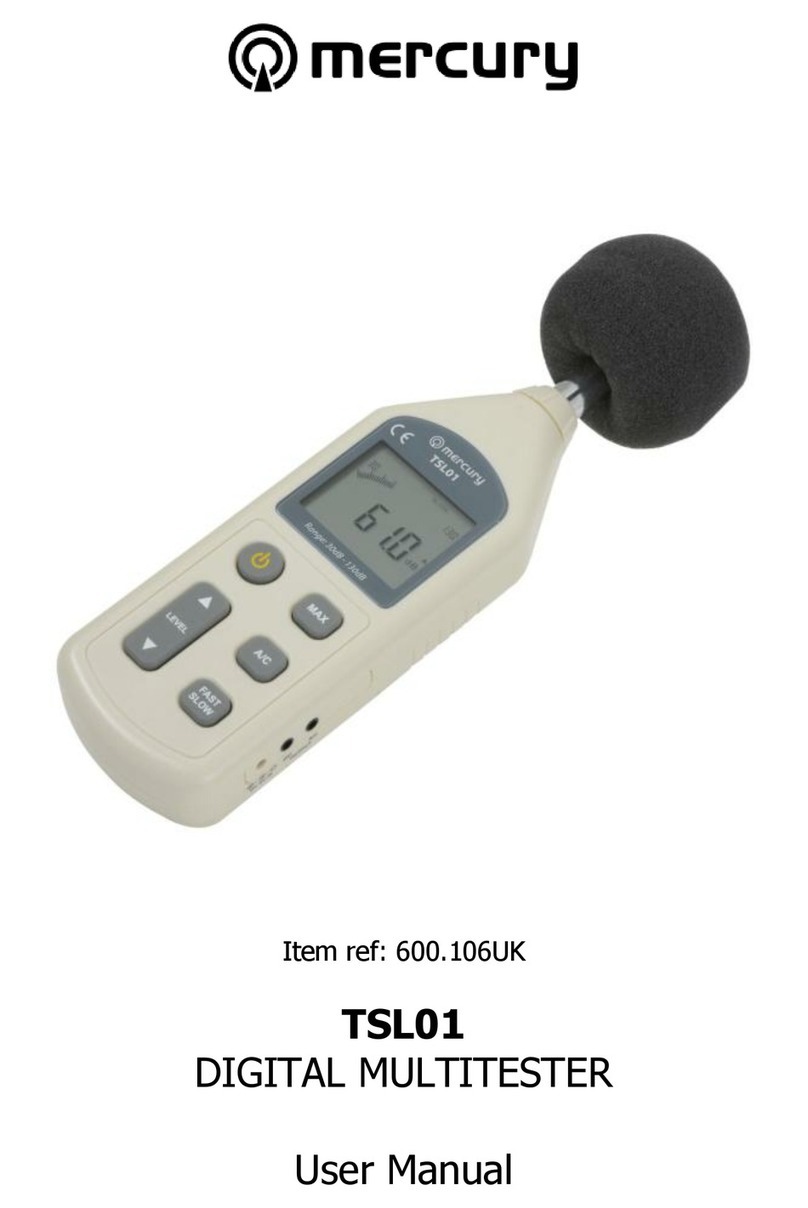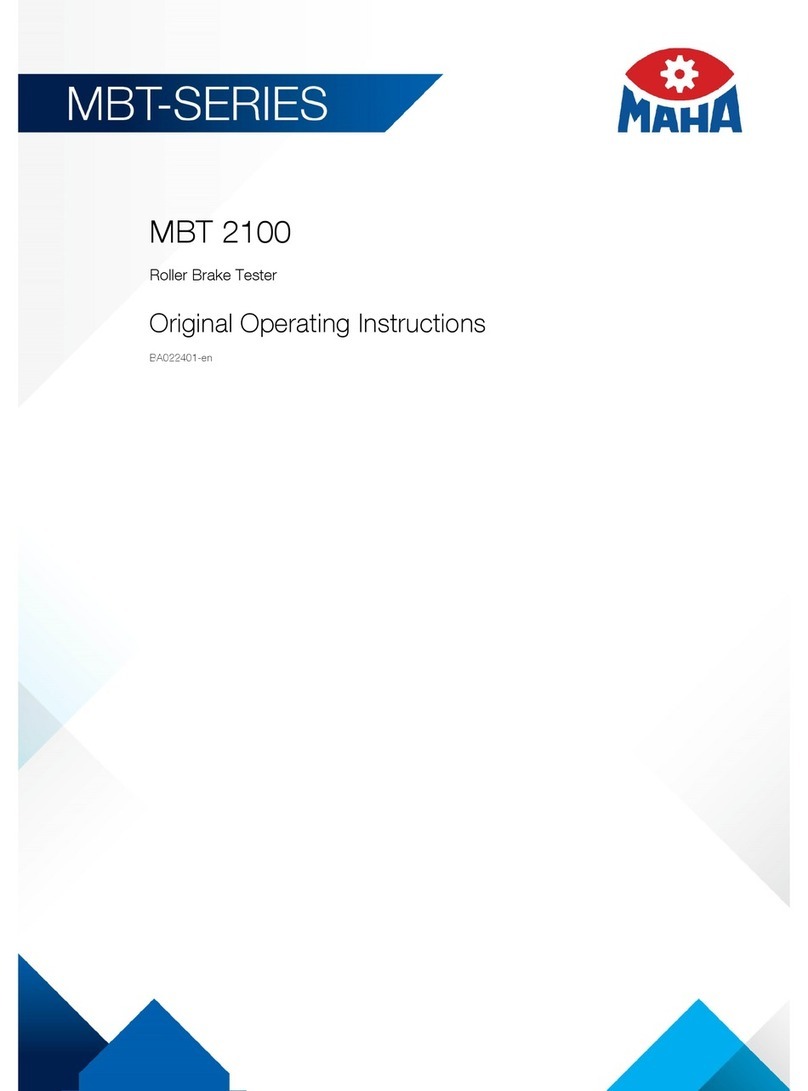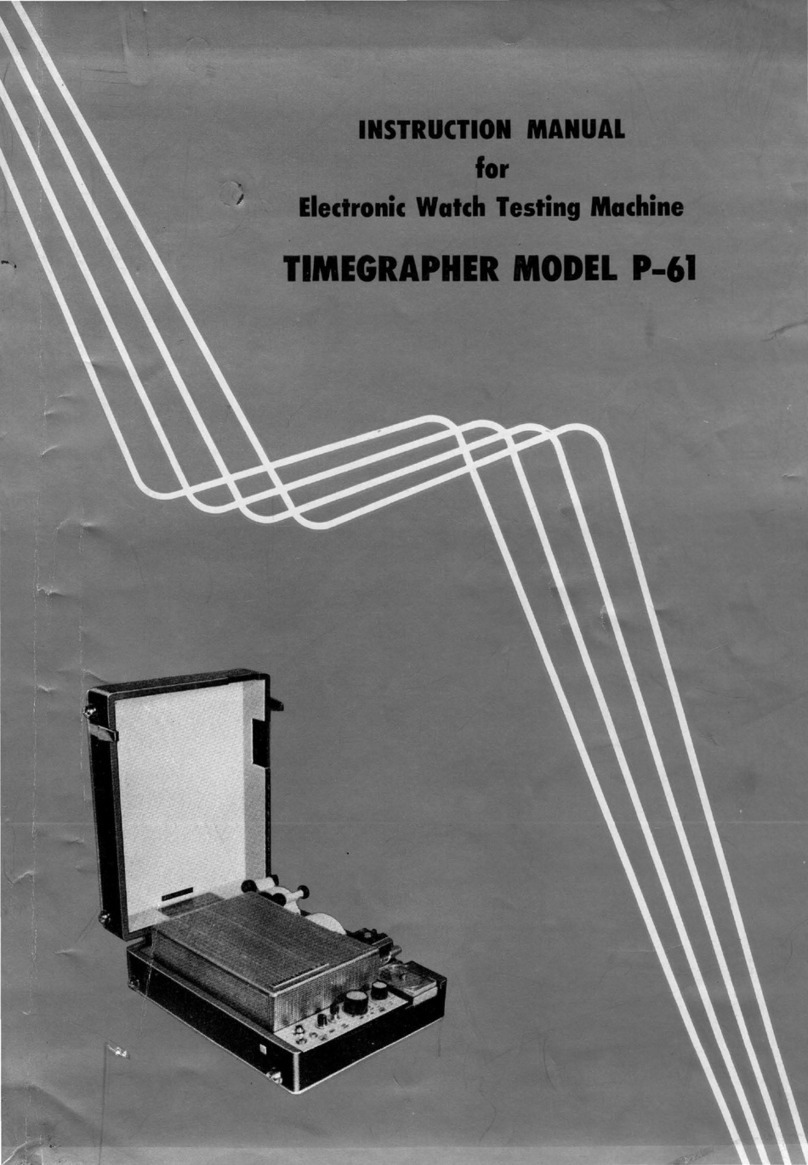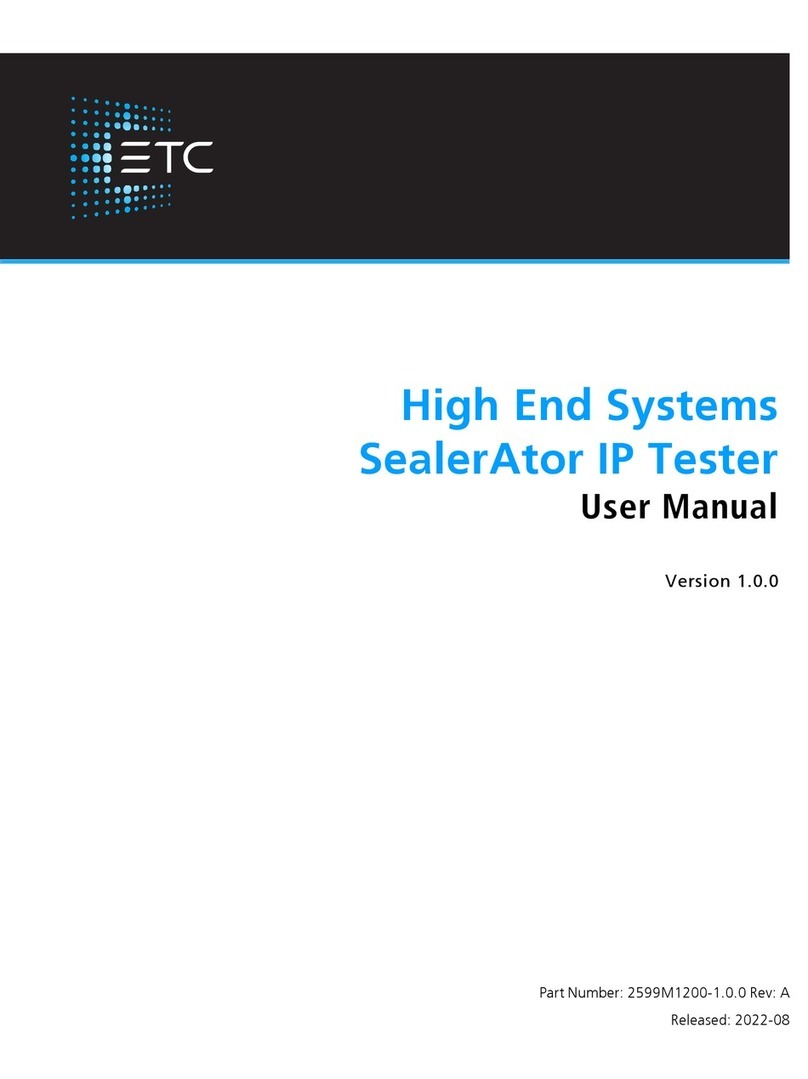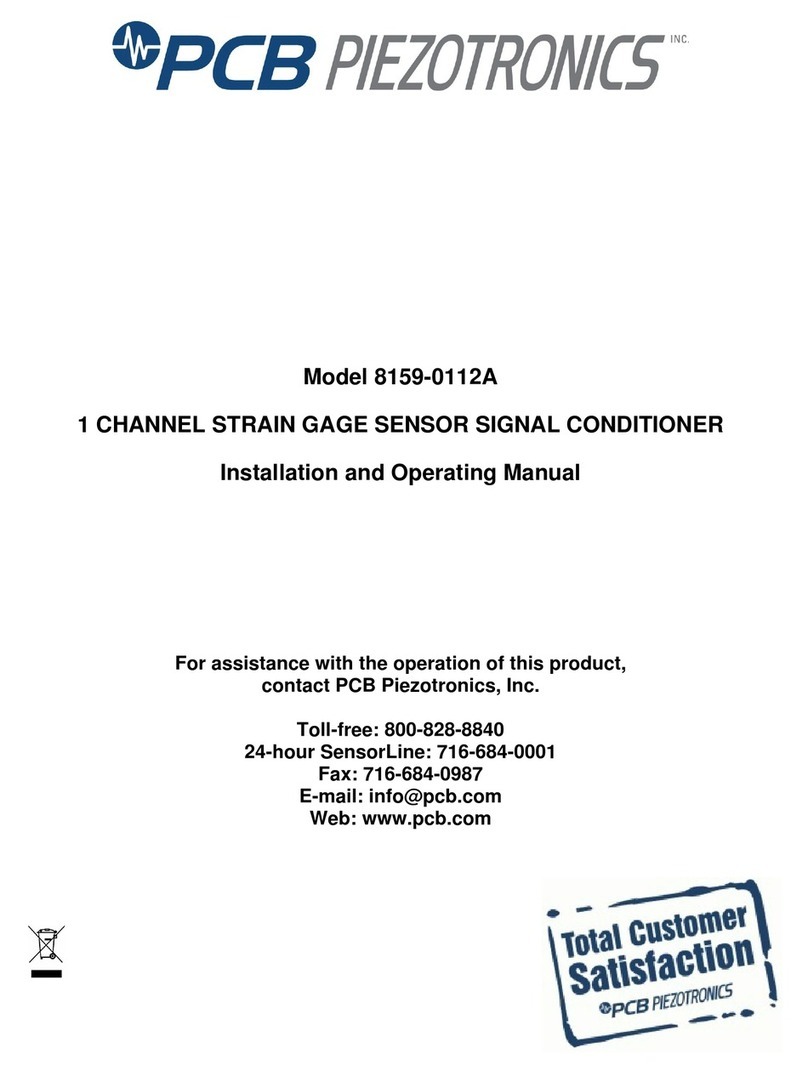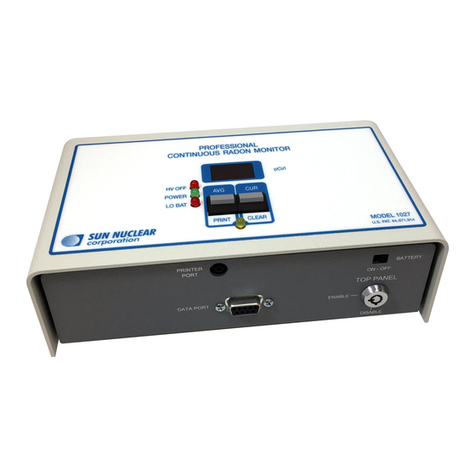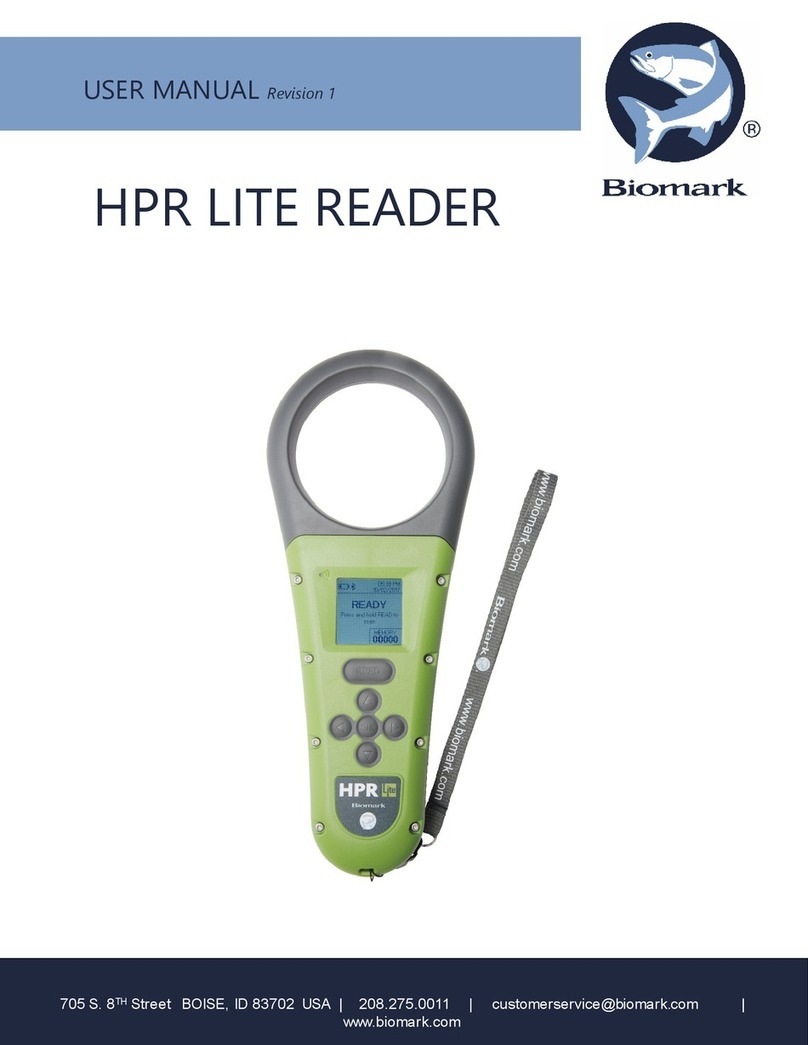
1
Chapter 1 – General Information
Instrument Description
The Valhalla Scientific Model 4314KVM Digital Igniter Tester is designed to provide extremely safe and
reliable resistance testing of explosive or volatile devices. Some of the proven uses include fuses, squibs,
igniters, explosive bolts, automobile airbag initiators and many others.
Essentially, a Model 4314KVM is a 4-wire ohmmeter which has been designed to use very low-test
currents for its measurement. Additional circuitry proprietary to Valhalla Scientific is used to ensure that
test current levels do not exceed the specified "failsafe current" even in a worst-case component failure
situation. The failsafe feature is tested in every instrument before shipment and the results provided to
the customer on a Certificate of Calibration that accompanies the unit. In addition, to prove that this level
of safety is intact, the 4314KVMis equipped with a constant test current monitoring display and a unique
Fail-Safe test button that simulates a worst-case component failure and displays the measured fail-safe
current, all while the output is isolated from the current source.
The Valhalla Scientific 4314KVM Igniter Tester contains the enhanced inner circuitry as its ultra-safe 4314
Series predecessors, with the addition of Constant Current monitoring, Fail Safe test, and 7 ranges (2Ω to
2MΩ), all designed in a compact, rugged water-resistant Pelican case for protection in the harshest
environments. The KVM also features an additional safety feature compared to the models in the KV
Series. The 4314KVM front panel has a 6-pin Mil-Spec circular connector, “MS3112E10-6S” that replaces
the four-terminal banana jacks and battery charge jack located on the 4314KV/KVS front panel. This gives
the 4314KVM, an added safety feature that prevents the possibility of having the charging adapter
connected while using the instrument for measurements. This is accomplished by the removal of the rear
panel charge jack and including its connections to the instruments charging circuits through the 6-pin
front panel connector. Four of the front panel connector pins are used to mate with the measurement
adapter cable and the other two pins are for the battery charging cable adapter. By using separate
adapter cables for measurements and charging of the batteries, it ensures that the charge circuit cannot
be activated at the same time as measurements are being made.
Measures Under all Conditions: The KV series of Igniter Testers are not only safe resistance testers for
explosive devices, they also, thanks to the case, are impact resistant and water tight. The devices float in
water, are waterproof when closed, to a depth of 3 feet, and can be operated outside in direct rain.
They come self-contained with a slim-line AC/DC Battery Charger and measurement test leads ready to
use.
The standard feature of the 4314KVM is a battery monitoring circuit that alerts the user if the batteries
have become or will soon become unusable.
Safety Considerations
The 4314KVM Digital Igniter Testers are battery-operated equipment. For an optimal function of the
Failsafe circuitry DO NOT connect the battery charger while the instrument is in an ON position. Always
disconnect the battery charger before operating the instrument.
